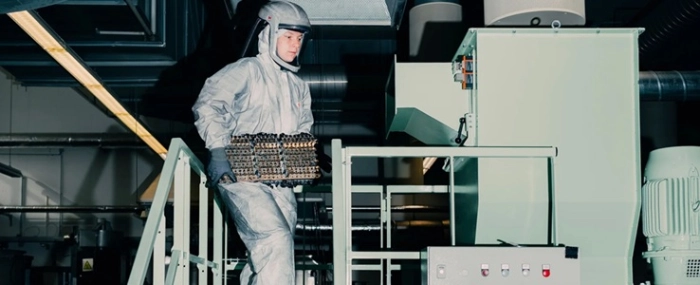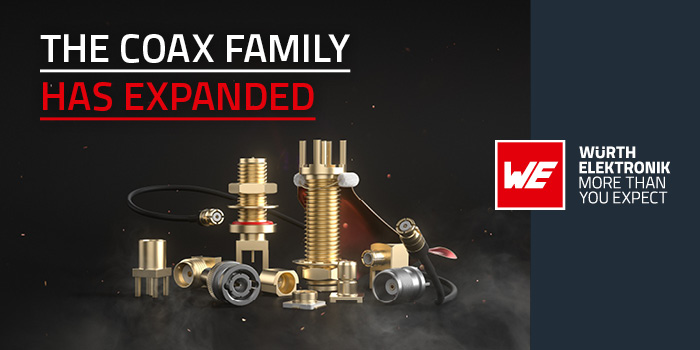
Webasto partners with Cylib to scale up battery recycling
Under the agreement, German recycling company Cylib will collect and recycle used batteries and production waste from battery production at European sites of Webasto.
Automotive supplier Webasto, which also makes battery systems for electric cars and electric commercial vehicles, has entered into a partnership with the Aachen-based battery recycling startup Cylib.
Under the agreement, the German recycling company will collect and recycle used batteries and production waste from battery production at European sites of Webasto.
Cylib relies on efficient and environmentally friendly battery recycling. All materials, including lithium and graphite, are fully recovered. The process combines mechanical, thermal and hydrometallurgical methods. Thanks to the minimal use of chemicals, the carbon footprint is up to 30% lower than with conventional methods, according to a media release.
An innovative, water-based process also ensures sustainable recovery of valuable raw materials. Webasto and Cylib have been working together since 2023, including on “Design for Recycling” projects.
“Our recycling technology recovers all valuable materials from spent lithium-ion batteries, including lithium and graphite,” said Cylib co-founder and COO Dr. Gideon Schwich. “The partnership with Webasto is an important step towards scaling up battery recycling. Together, we are securing the raw materials of tomorrow and driving forward the circular economy in Europe.”
“Collaborations like the one between Webasto and Cylib are in the interest of the entire European automotive industry, because they make the local raw material ecosystem more sustainable and resilient — ultimately benefiting everyone, right down to the end consumer,” said Marcel Bartling, Chief Technology Officer of Webasto.
The EU Battery Regulation sets strict requirements for the sustainability and traceability of batteries. It stipulates that at least 70% of lithium and 95% of cobalt, nickel and copper must be recovered from used batteries by 2030. The recycling process from Cylib already exceeds these requirements today and ensures that Webasto meets future legal requirements, the media release said.
Webasto is also working on using used batteries as a storage medium for a sustainable energy supply in production. A battery storage system with a capacity of 1 MWh went into operation at the Schierling plant in Bavaria in 2024. It uses 30 used batteries, most of which come from pre-series production, to store solar power generated in-house.
Last year, Cylib started construction of its first industrial battery recycling plant at Chempark Dormagen, which is being funded by the German state of North Rhine-Westphalia.


